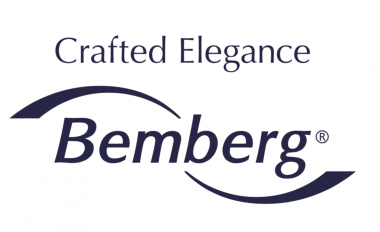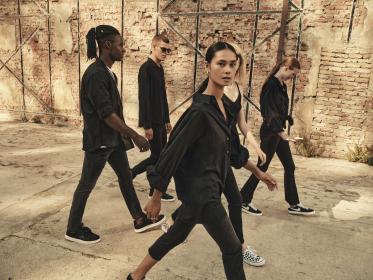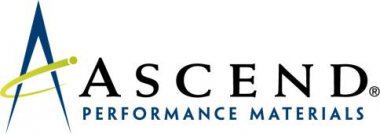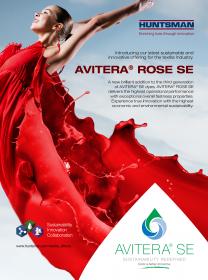SHIMA SEIKI opens Online Store for APEXFiz™ Subscriptions
SHIMA SEIKI MFG., LTD. of Wakayama, Japan announces the opening of its new “SHIMA eStore” online shopping site for purchasing subscriptions to its APEXFiz™ design software. Users can access the SHIMA eStore to purchase and download entry-level APEXFiz™ Design Jr. subscription software, or sign up for a free 30-day trial.
SHIMA SEIKI’s APEXFiz™ subscription-based design software has been on sale since March 2021 as the latest addition to its proven SDS®-ONE APEX series design system lineup. Whereas previous APEX-series design systems were offered as an all-in-one proprietary hardware/software package, APEXFiz™ is available as subscription-based design software that can be installed on customers’ individual computers. Maintaining proven functions that have made the APEX series so popular with fashion designers, with APEXFiz™ those strengths are now enhanced with the added versatility to adapt to different work styles and business environments of the “new normal,” including teleworking and telecommuting.
APEXFiz™ offers the latest fashion tech for supporting the creative side of fashion from planning and design to colorway evaluation, realistic fabric simulation and 3D virtual sampling. Virtual samples are a digitized version of sample making that allows visual confirmation of garment designs without the need for producing physical prototypes, reducing time, cost and material that are otherwise wasted. APEXFiz™ thereby helps to realize sustainability while digitally transforming the fashion supply chain.
APEXFiz™ is available in 5 different software variations from APEXFiz™ Design Jr. to APEXFiz™ Design Pro that can be selected according to each customer's needs. APEXFiz™ Design Jr., sold at the SHIMA eStore, is entry-level software that specializes in the design and simulation of woven and flat knitted fabrics for supporting virtual sampling. Fabric simulations are available in different formats to be used together with 3D virtual sampling software besides APEXFiz™, allowing continued use of software already used by customers while enhancing the realism of digital prototypes created on them.
SHIMA SEIKI



































